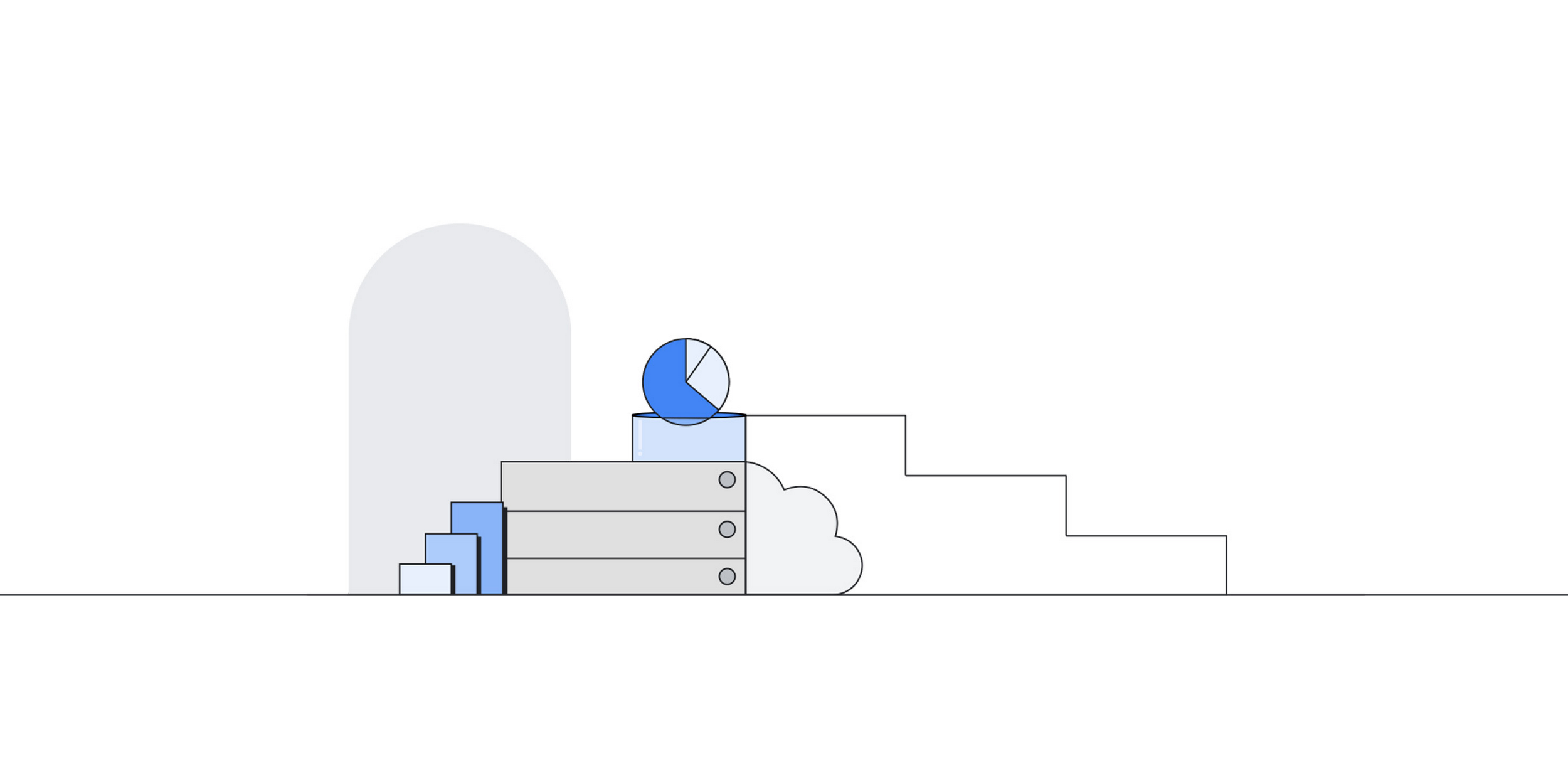As a fully-managed database service, Cloud SQL supports multiple major versions of MySQL, PostgreSQL and SQL Server, each of which introduces essential features, performance improvements, and security enhancements. As newer open-source software (OSS) major versions are introduced, older versions are discontinued by the database engine community, prompting organizations to upgrade to newer versions.
At Google Cloud, we understand that upgrading to a newer major version can be complex and time-consuming. We want to ensure that you have the flexibility to upgrade on your own terms without compromising the security or availability of your critical applications. Today, we are excited to announce extended support for Cloud SQL, a new offering designed to bridge the gap between community end-of-life dates and your planned major version upgrades. Extended support helps you maintain business continuity and security of your MySQL and PostgreSQL databases while you prepare and upgrade them to new community-supported versions.
All of the database major versions offered on Cloud SQL are covered under our regular support. Starting on February 1, 2025, the following database major versions will enter extended support:
- MySQL: 5.6, 5.7
- PostgreSQL: 9.6, 10, 11, 12
With extended support, you’ll be able to continue operating your Cloud SQL instances even after their major versions are no longer supported by the community. This means you can take the time you need to plan and execute your upgrades strategically.
Starting February 1, 2025, any Cloud SQL instance running a major version that has reached end-of-life (EOL) will be enrolled automatically into extended support. Extended support is a paid service. Pricing details for extended support will be announced by August 15, 2024 in the Cloud SQL pricing page and the Cloud SQL release notes.
During extended support, Cloud SQL instances will receive:
- Security fixes: Patches for critical security bugs.
- Bug fixes: Resolution of bugs in Cloud SQL-maintained code
- SLA coverage: Edition-specific SLA for instances that meet the eligibility criteria as documented in the SLA
- Support for new instance creation: Ability to create new Cloud SQL instances using major versions under extended support
Duration and opting out
Duration: Extended support for a major version will be offered for three years, following which the major version will be marked as deprecated. Any Cloud SQL instance running a deprecated version will be automatically upgraded to a newer, supported major version. Any instance that cannot be safely upgraded to the newer version will be unsupported.
Opting out: You can choose to opt out of extended support at any time by upgrading to a database version under regular support. This gives you complete control over your upgrade process and allows you to switch to a newer version whenever you’re ready. For more details, refer to our database version policies.
Upgrade with confidence on your schedule
While extended support offers peace of mind, we still encourage you to plan upgrades to newer database versions as soon as is feasible. Newer versions offer significant advantages, including improved performance, and access to the latest database innovations.
Cloud SQL offers several different ways to upgrade to newer major versions, including in-place major version upgrade (MySQL, PostgreSQL) and migrating your data to a newer version using Database Migration Service (DMS) or export.
Once you upgrade your Cloud SQL instance to MySQL 8.0 or PostgreSQL 13 or higher, you can perform an in-place upgrade to Cloud SQL Enterprise Plus edition. Cloud SQL Enterprise Plus edition offers capabilities like sub-second downtime planned maintenance, 99.99% uptime SLA, 3x higher read throughput and 2x improvement in write latency compared to Cloud SQL Enterprise Edition.
Additional resources
We are committed to supporting your evolving database needs and ensuring your applications remain secure, available, and optimized for the future. For detailed information about extended support, refer to the extended support documentation. To learn more about performing major version upgrades in Cloud SQL with minimal downtime, we recommend reading our blog post, Databases upgrade made easy with in-place major version upgrades on Cloud SQL.

